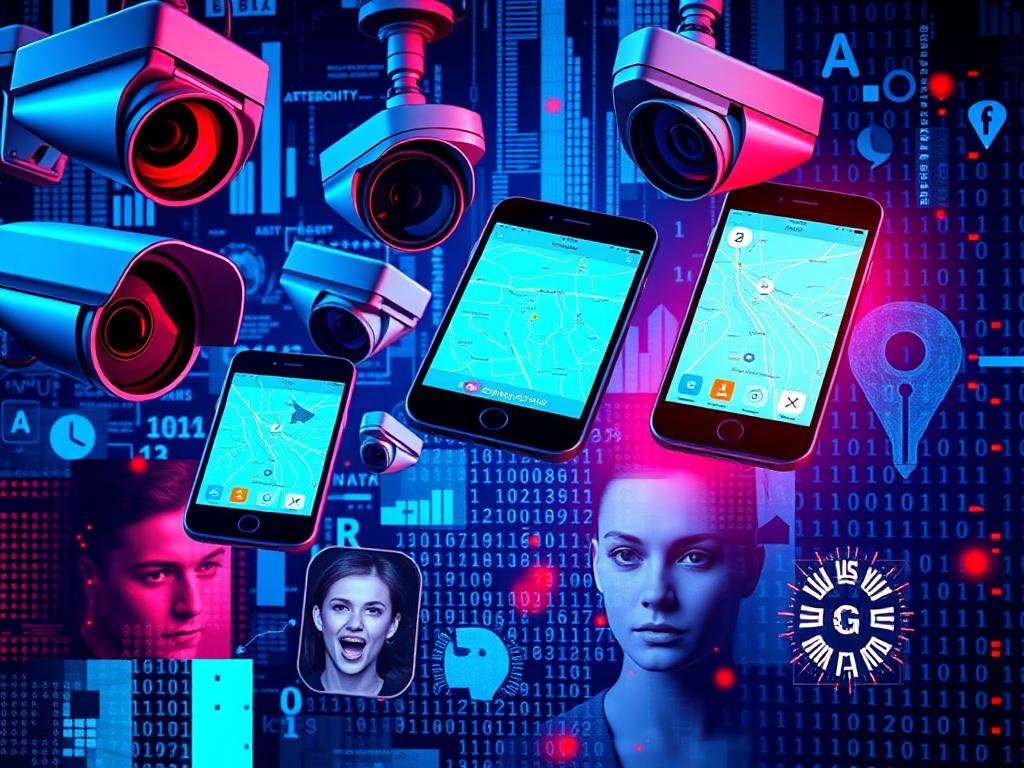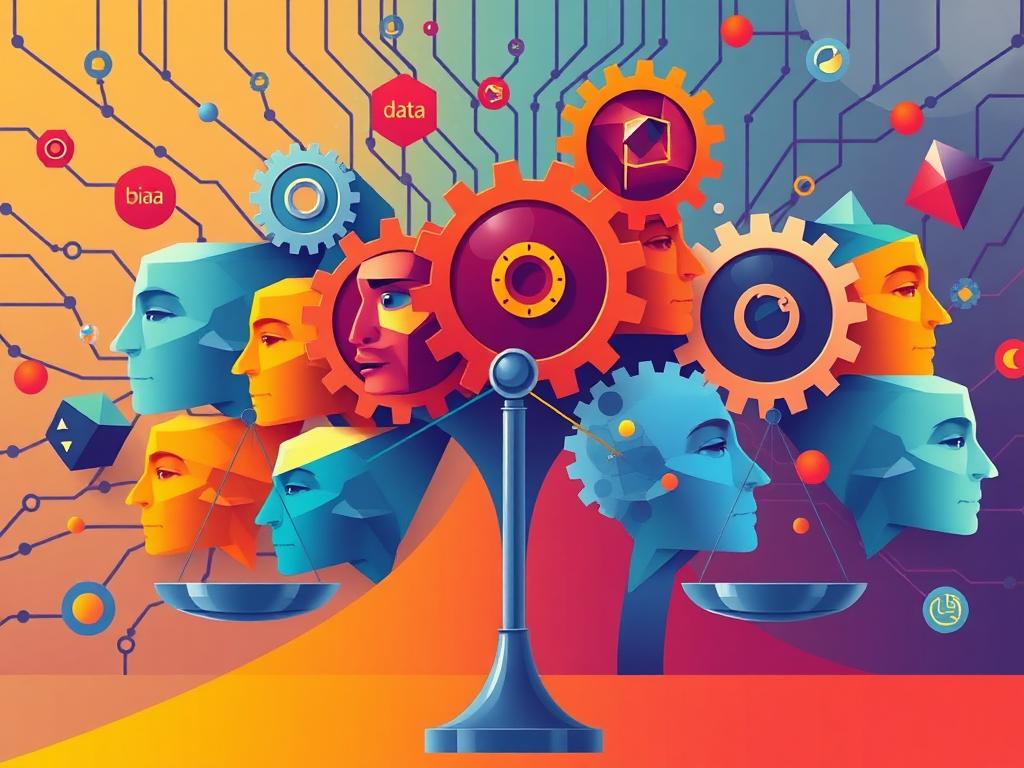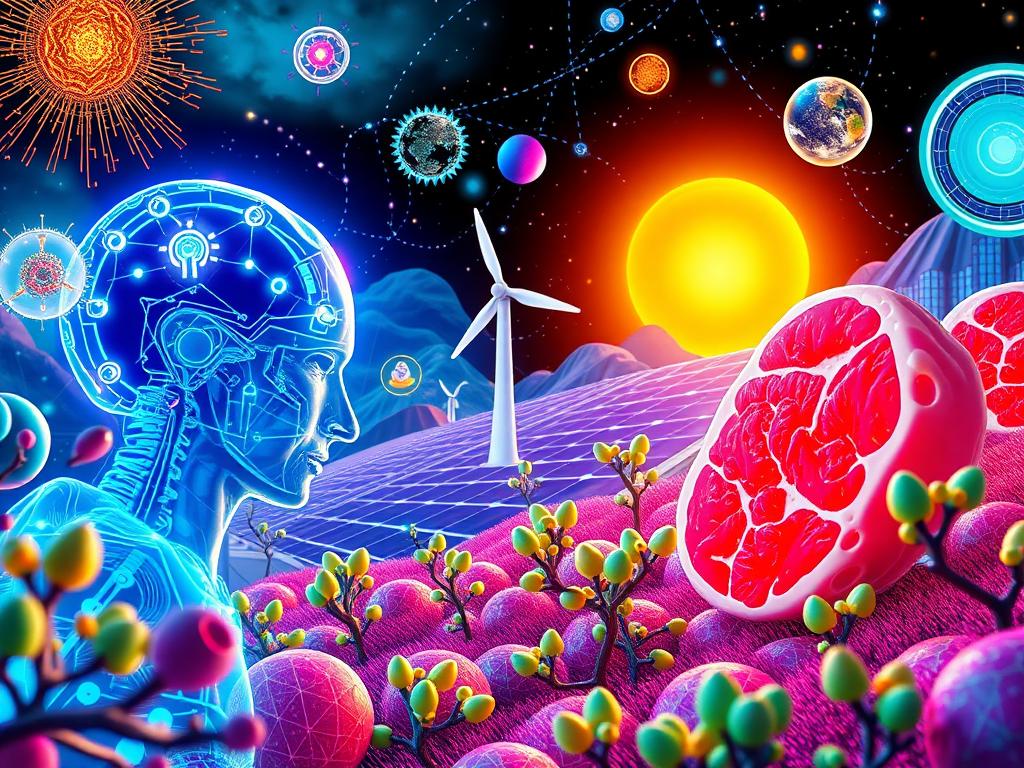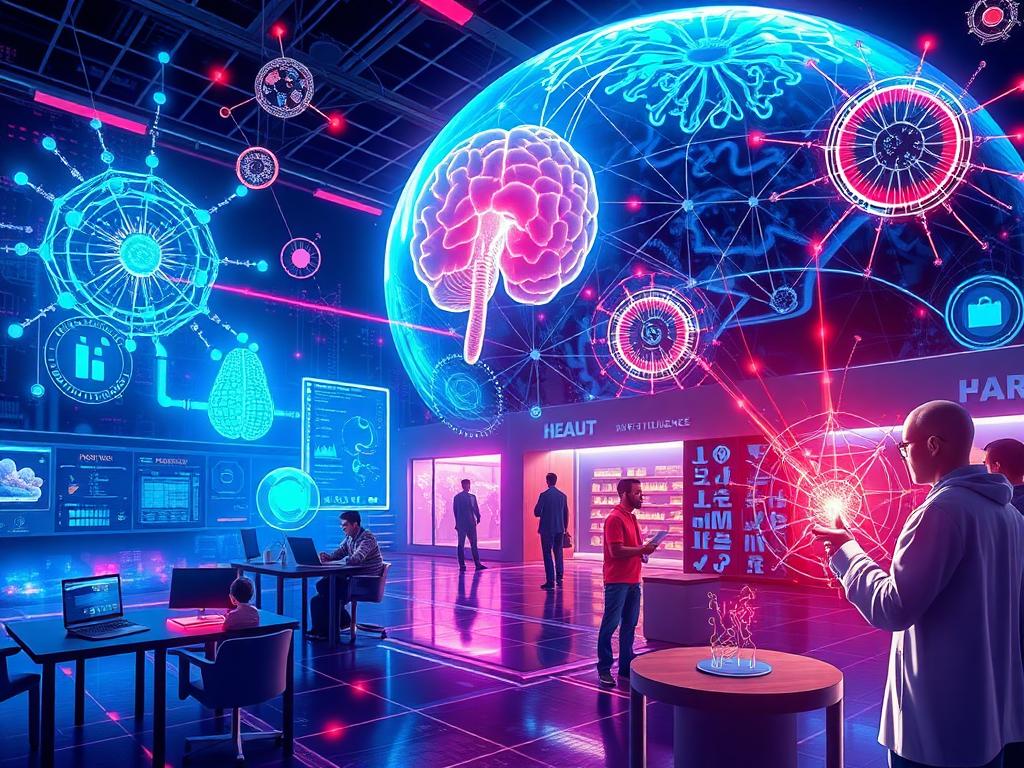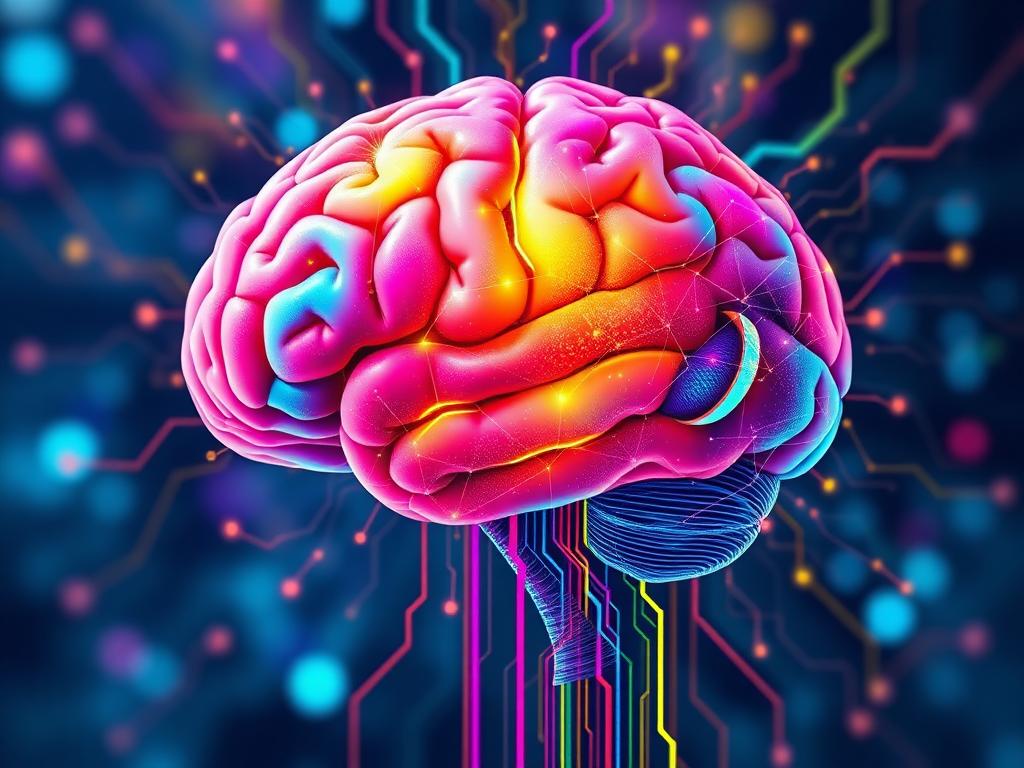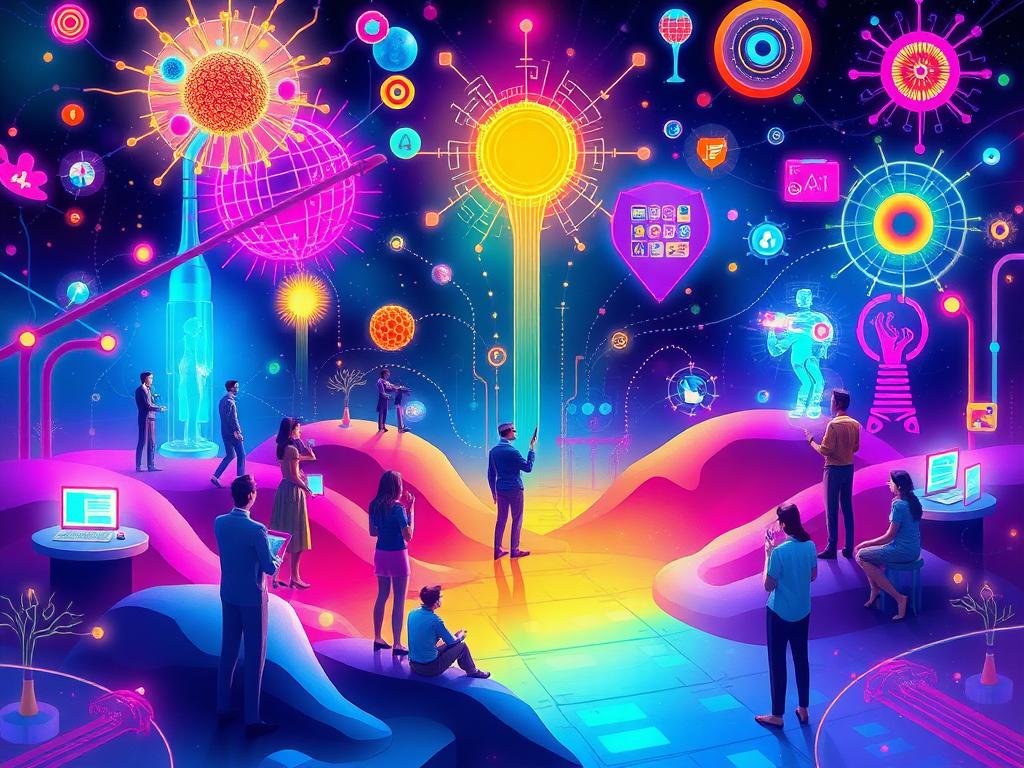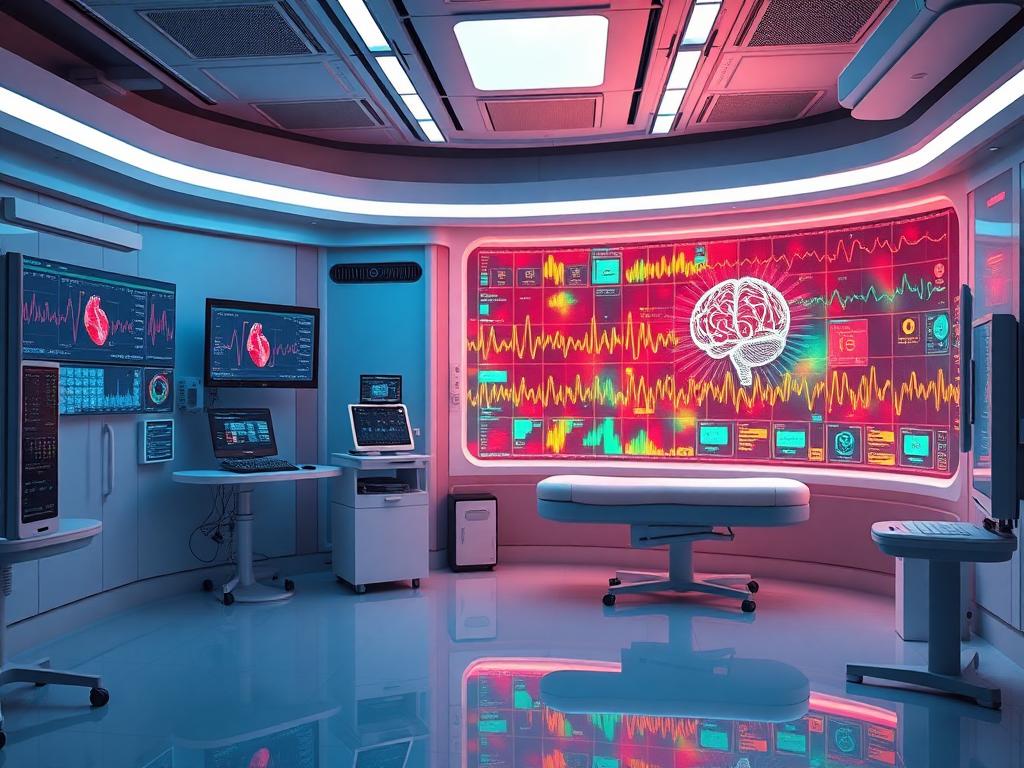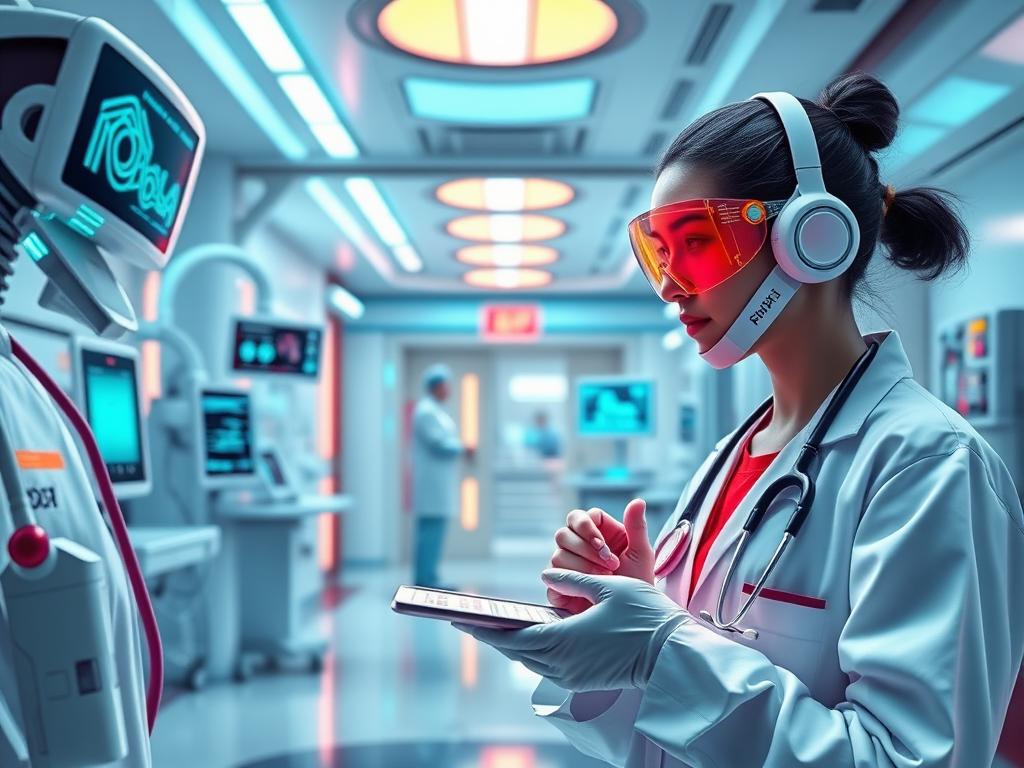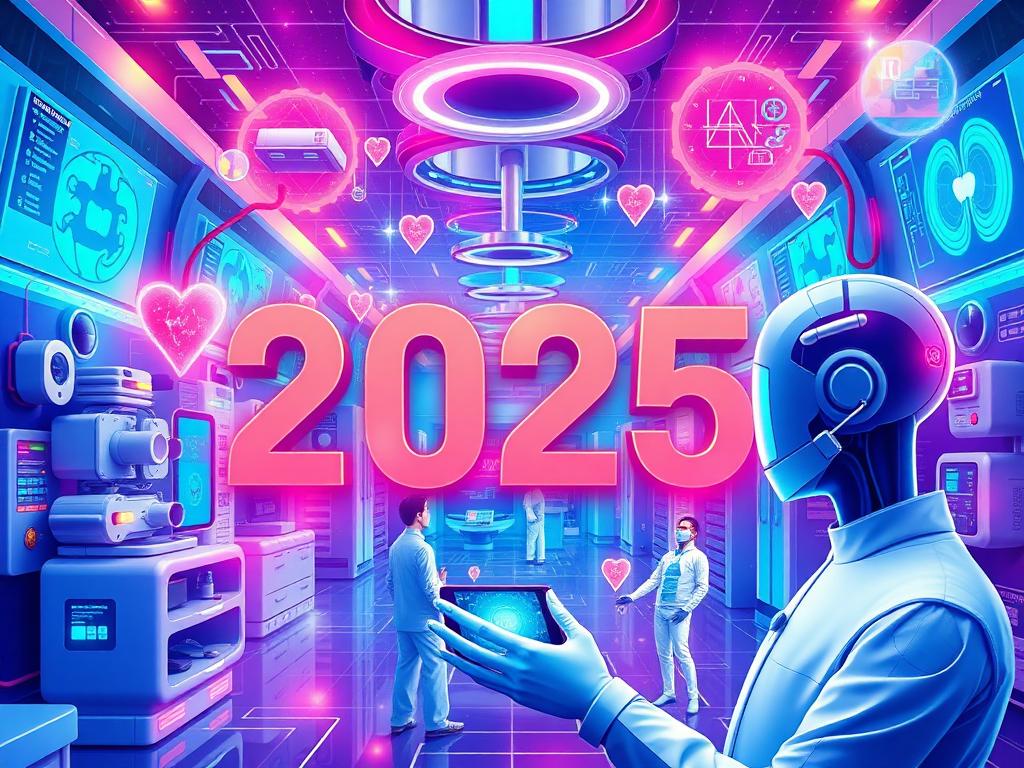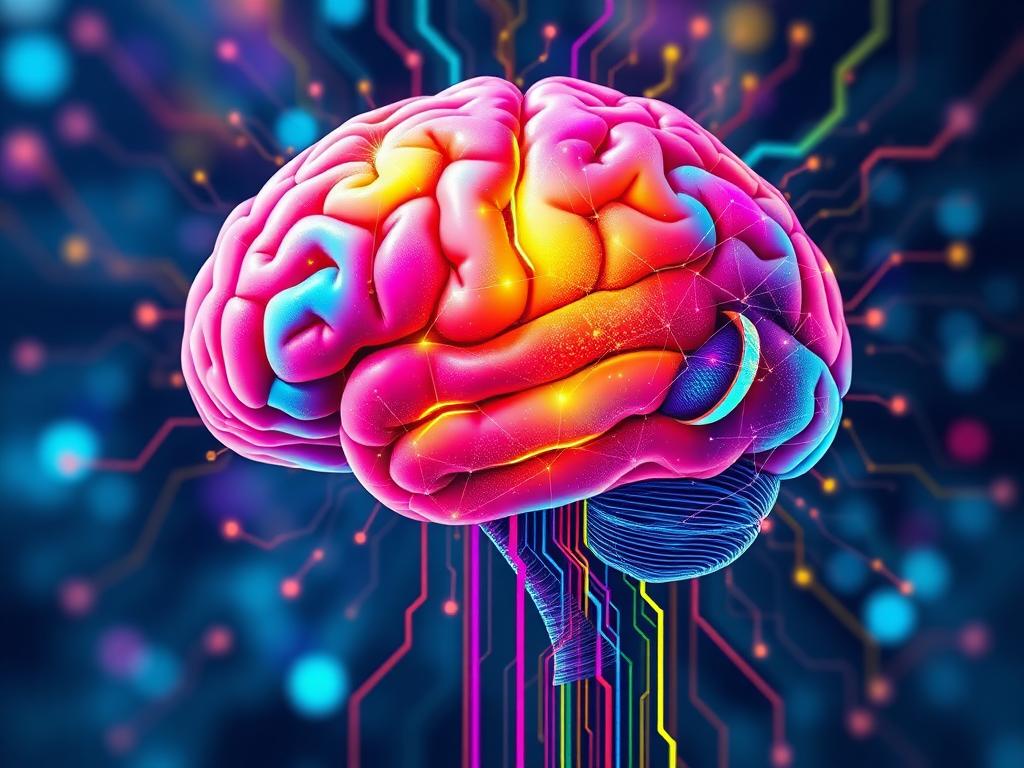
How AI Transforms Mental Health Care
Discover how AI is revolutionizing mental health care by providing 24/7 support, reducing wait times, and offering ethical, person-centered solutions.
The Mental Health Crisis and AI's Potential
Imagine this: 1 in 5 people in the US had a mental illness in 2022. That’s a staggering 57 million individuals struggling with conditions like anxiety, depression, and more. Yet, long wait times, disparities in care, and lack of access to providers leave millions feeling isolated and unsupported. What if Artificial Intelligence (AI) could be part of the solution? AI has the potential to revolutionize mental health care by offering 24/7 accessible support, working alongside doctors and psychiatrists to bridge the gap between care and those who need it most.
AI: A Human-Centered Approach
When most people think of AI, they envision impersonal, robotic systems. However, the future of AI in mental health care lies in a person-centered approach. This model prioritizes autonomy, ethics, and well-being at its core. Instead of replacing human connection, AI can enhance it by providing timely, tailored support to those who might not otherwise seek help. For example, AI can detect subtle changes in behavior—like late-night scrolling or altered communication patterns—that may indicate mental health challenges.
Real-World Applications of AI in Mental Health
Researchers are already making strides in this field. One study analyzed 26 million Instagram posts to identify mental health trends based on captions and images. Another project focuses on culturally adaptive AI for depression detection, ensuring that these tools are inclusive and effective for diverse populations. Social media companies are also leveraging AI to predict suicide crises, with one platform identifying 3,500 at-risk users who weren’t reported by friends or family.
Ethical Considerations in AI Development
While AI holds immense promise, it also raises ethical concerns. Missteps in AI development can lead to harmful outcomes, such as chatbots offering dangerous advice to individuals with eating disorders or self-injury tendencies. There’s also the risk of misidentifying mental health issues, which can have severe consequences. To address these challenges, AI must be built with transparency, user agency, and collaboration with medical professionals and policymakers.
Building a Better Future with AI
To create ethical, person-centered AI, we must involve end-users in the development process. This means asking people what they need and ensuring they have control over how AI interacts with them. Additionally, collaboration with doctors, social workers, and policymakers is crucial to ensure AI systems are nuanced and responsive. Imagine a world where AI becomes a compassionate ally, offering support when it’s needed most—without compromising privacy or ethics.






